Trump to Decide on Possible U.S. Entry Into Israel-Iran Conflict Within Two Weeks, White House Says
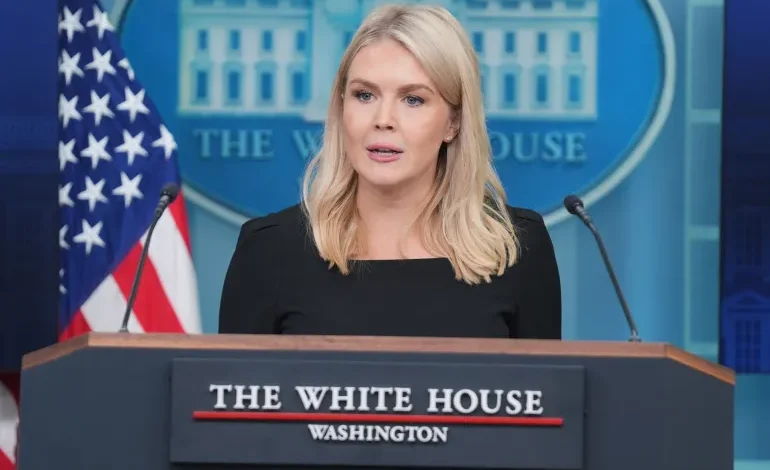
United States President Donald Trump will determine within the next two weeks whether Washington will enter the escalating conflict between Israel and Iran, the White House announced on Thursday, amid rising international concern over a broader regional war.
Speaking to reporters, White House Press Secretary Karoline Leavitt delivered a statement from the president, saying: “Based on the fact that there’s a substantial chance of negotiations that may or may not take place with Iran in the near future, I will make my decision whether or not to go within the next two weeks.”
Leavitt emphasized Trump’s preference for diplomacy while also underlining his readiness to use force if needed.
“The president is always interested in a diplomatic solution … he is a peacemaker in chief. He is the peace-through-strength president. And so if there’s a chance for diplomacy, the president’s always going to grab it. But he’s not afraid to use strength as well,” she said.
The statement follows reports that Trump had prior knowledge of Israel’s initial strike on Iran on June 13, which the U.S. officially described as a “unilateral action.” The attack marked the beginning of open military exchanges between the two longtime adversaries.
Despite talk of diplomacy, military activity has continued. On Thursday, Israel launched a strike on Iran’s Arak heavy water nuclear reactor. In response, Iran targeted the Soroka Medical Centre, claiming it was located near an Israeli military and intelligence facility.
Meanwhile, Reuters reported that U.S. Special Envoy Steve Witkoff has had several conversations with Iranian Foreign Minister Abbas Araghchi since hostilities began. These discussions, though informal, have raised hopes among some observers that diplomacy might still avert further violence.
European officials are also stepping up efforts to encourage renewed negotiations. Iran is set to meet representatives from the United Kingdom, France, and Germany in Geneva on Friday in a bid to reduce tensions. French President Emmanuel Macron has tasked his foreign minister with drafting a proposal aimed at de-escalation.
Despite these moves, exchanges between Tel Aviv and Tehran show no signs of slowing, with the potential for further provocations raising fears of a regional spillover.
With input from Al Jazeera
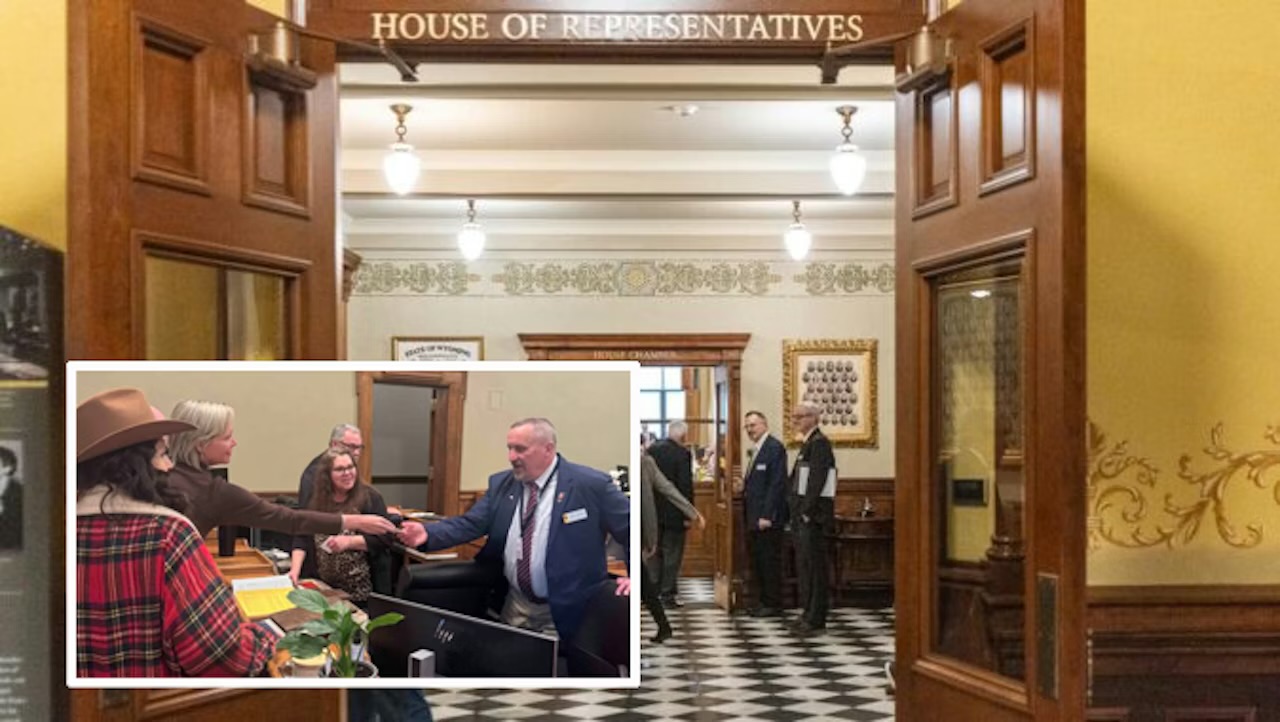
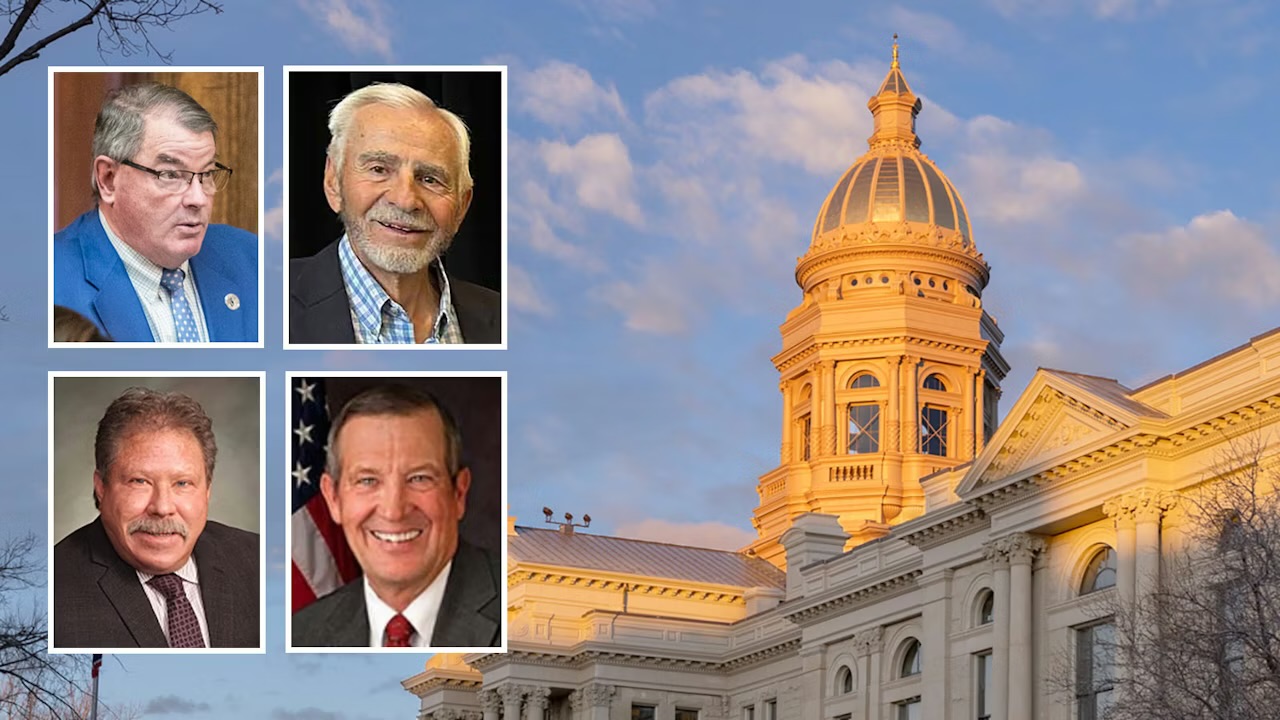
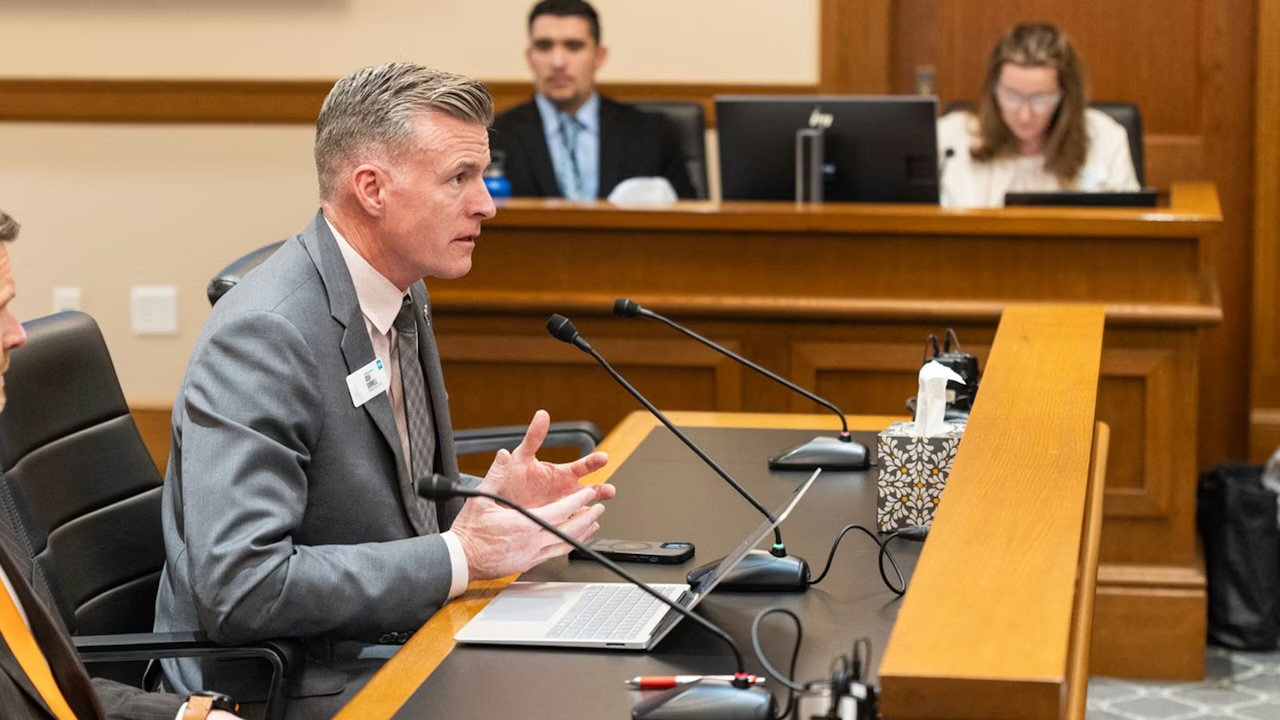
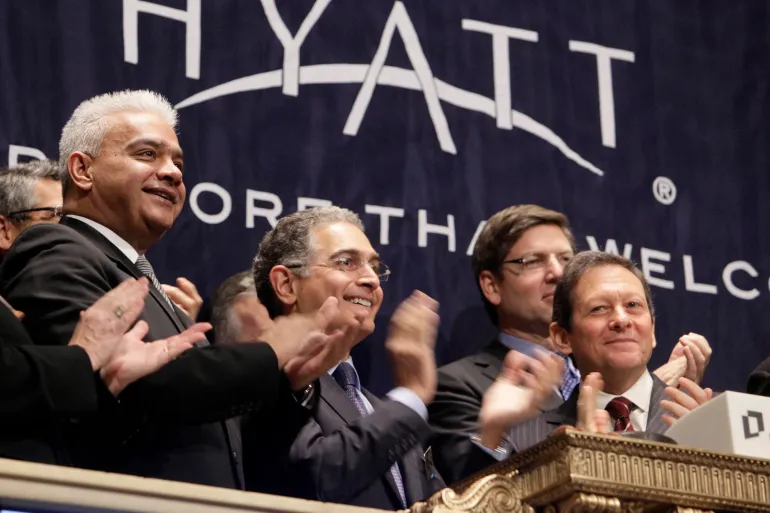





The latest news in your social feeds
Subscribe to our social media platforms to stay tuned